Do parent/child lessons actually save our kids?
Swimming lessons are about making our kids safe in the water, right? Well yes and no. Depending on your child’s age and/or ability, the current system in Australia has a child whom is 6 months old to roughly 2-3 years old in “water familiarisation lessons” which some swim schools call “swimming lessons” but these lessons are not teaching your child to swim, they are teaching your child to be comfortable in the water all whilst you are holding on to them, singing songs and making it fun and games. This is good and bad all at once, but how so? Why would teaching your child to enjoy and be comfortable in the water a bad thing?
Well its more of a catch 22 situation than a bad thing. Your child loves the water but now doesn’t understand the real dangers of what the water is to them. Add in a floatation device and they think they are invincible. They will associate the water with it being fun and whilst it can be fun, if they don’t know how to swim (or better yet save themselves) it can be deadly.
Real Life example:
Take for instance Jake*, Jake had been having swimming lessons since he was a baby (starting with parent/child lessons) and he ended up having not one but TWO non-fatal drowning incidents and as a result ended up hating the water.
How could he have two you might ask? The first was when the family went to the pool. Number one rule in the family was that you don’t go into the water without your floaties on. Of-course Jake being a typical child loved the water and didn’t listen to mum, whom had turned around to get Jake’s floaties, in that split second Jake had jumped in the pool, (he associated fun with the water but didn’t know he couldn’t swim). When Mum turned around and looked into the water and there was Jake at the bottom of the pool, looking up at her with his arms reached out, She jumped in and saved him.
On the second occasion he was in a swimming lesson, yes you read that right, he was IN his swimming lessons. The teacher had launched him in the direction he was to go but did not make sure Jake actually made it there, before turning away. Jake didn’t make it to safety and mum saw it all happen, luckily someone else was holding on to her young baby at the time and mum jumped into the pool and saved her son during his swimming lesson. From that moment Jake had a fear of water and who could blame him.
Fast Forward to 2019, Jake is now 4.5 years old, the baby is now 2 and mum has one more on her hands an 8-month-old. Jake still scared of water, had mum looking for a different style of swimming lessons. Enter Swim survival lessons for all 3 children, the baby who was 8 months old was taught to float in 4 weeks in case of accidental fall into water. The now 2-year-old was taught to swim float swim in 6 weeks and what about Jake, who hated the water?? Well he was taught to swim float swim in 3 weeks, and he skipped 4 levels of the swim schools traditional learn to swim program.
The best part is that Jake now loves the water and loves his swimming lessons. There was such a rapid change in Jake’s attitude towards the water following his survival lessons because he knew he could save himself and it made him feel safer in the water.
Swimming lessons and even water familiarisations are a great tool, but those lessons should always be teaching a child to be able to save themselves first and foremost. If they can’t save themselves what hope do, they have if they make it into a body of water without you being aware of it.
*not his real name
Students Helped So Far

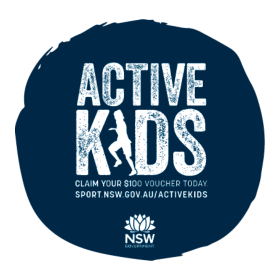


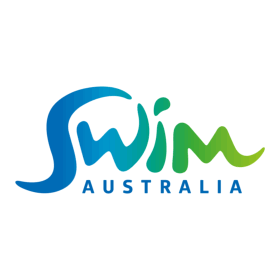
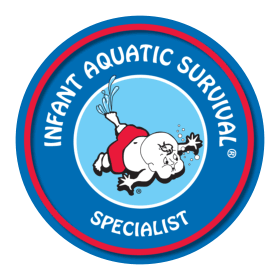
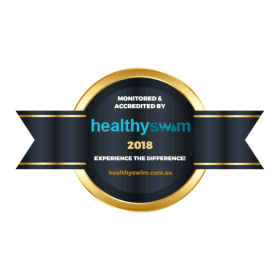
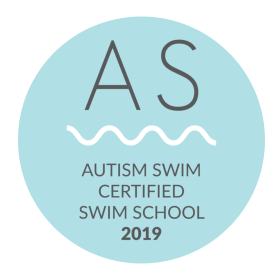
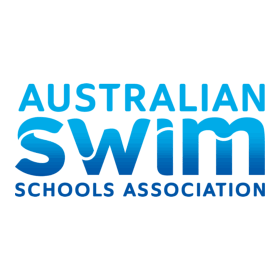



Will swimming lessons make my child safer around water?
/in Baby Swimming Lessons, Swim Survival, Swimming Lessons /by Aquastars TeamWhy Swimming Lessons are important
/in Swimming Lessons /by Aquastars TeamSwimming lessons are crucial for children for several reasons:
Overall, swimming lessons teach children a life-saving skill and promote physical, social, and cognitive development, leading to healthier and more confident individuals.
Swim Survival – A mothers Point of View
/in Swim Survival /by Aquastars TeamWhen I began looking for lessons for my then 6 month old baby, I did what every parent does and rang my local swim schools. My son was enrolled in the lessons for his age group which was a parent child lesson, where I was in the pool with my son and we sang, played games and had lots of fun.. Whilst I’m sure it was teaching him something, for me it was teaching him to love and enjoy the water, without teaching him how to actually save himself and as a police officer at the time it was very important my son knew how to save himself.
The question I ended up asking myself was, what is this teaching my son? If he falls in, he will drown. I wanted more and so I searched and searched and found in Sydney, Kids Aquatic Survival School. It was exactly what I wanted, they would teach my precious boy how to save himself and how to be independent in the water. BUT they are in Sydney and I am in Newcastle, I looked at all the ways I could get my son into these lessons and it just wasn’t possible. Luckily we ended up moving back to Sydney for work when my son was not even two and the first thing I did was enroll him into these swim survival lessons.
Day 1 of Swim survival lessons, my little boy is crying and calling out to me to help him, it takes every part of my strength to not jump into that pool to help him. This occurs for about 3 plus weeks and I have the videos to prove it, but despite all the crying out for mummy and daddy he still did what he needed to do, which was to learn to survive. Our instructor was so patient, she cuddled him, she made sure he was okay and she was kind and assuring to both my husband and I. She did not throw him in the pool to see how he went and she did not let go of him unless she was directing him towards safety. 6 weeks in and he loves to float, that’s what this program taught him, to roll over and float to get his breath and to then swim to safety, but he won’t swim he just wants to float. We got there and in week 7, he has got it. In his last week, he does it all fully clothed.
We do this a second time for our youngest and have similar experiences, there are tears until he gets it then they stop. Despite the tears, I think to myself…. I am helping him, I am giving him the ability to be able to save himself if he finds himself in our pool, without me there, this is what we need as a family.
I can just hear all the angry internet perfect parents that are saying or angrily wanting to type, “how could you leave your child alone around a pool?” “where were you?” “why weren’t you watching your child?” Don’t get me wrong, all of these are valid questions but none of these things are lacking in my life, I am always with my children when they are in a pool, and I supervise my children but here is the kicker for all those mums fuming at me right now….. CHILDREN ESCAPE, children get themselves into situations that you don’t want them to be in. A quick google search will show a number of YouTube videos of kids climbing fences to get into a pool area (yes the tube fences and the glass fences, no type of fence is safe) Nothing is 100% child proof, that’s why they tell you to keep medicines high up and away from reach, same for chemicals, because despite the child safety cap, nothing is 100% child proof. So who is going to save your child if they end up in a pool without you knowing??
What’s even worse is the higher than mighty people that get on Facebook when a child drowns and automatically blame the parents for their child drowning, the Karen’s come out in force and get abusive to a degree at these parents. If this is you does it make you feel better that during a time of grief and loss you are abusing these people for not supervising their child? Were you there?? Did you somehow predict that the mum was going to get distracted for a few seconds and poof they then don’t know where their child is? One particular incident where the perfect parents of the world became high and mighty on Facebook was when a child drowned in western Sydney at like 8pm at night. These poor parents put their children to sleep and were watching a movie, they believed their child was safe in bed and their child got up and went to the pool and drowned. Yet somehow this was the parents fault, I don’t know about you, but I don’t watch my children when they’re asleep, if I did then I wouldn’t get any sleep myself. It can take as little as 20 seconds for a child to drown…. 20 SECONDS.
Read more